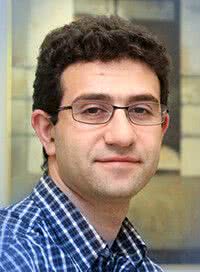Mark Silberstein
Technion
OmniX - an OS Architecture for Omni-Programmable Systems
Future systems will be omni-programmable: alongside CPUs, GPUs, Security accelerators and FPGAs, they will execute user code near-storage, near-network, and near-memory. Ironically, while breaking power and memory walls via hardware specialization and near data processing, emerging programmability wall will become a key impediment for materializing the promised performance and power efficiency benefits of omni-programmable systems. I argue that the root cause of the programming complexity lies in todays CPU-centric operating system (OS) design which is no longer appropriate for omni-programmable systems.
In this talk I will summarize the results of the last seven years of research and a handful of publications on an accelerator-centric OS architecture called OmniX. OmniX advocates for extending standard OS abstractions into accelerators, while maintaining a coherent view of the system among all the resident processors. In OmniX, near-data and compute accelerators may directly invoke tasks and access I/O services, excluding the CPU from performance-critical data and control plane operations.The CPU becomes a "yet another" accelerator for sequential computations. I will show how OmniX design principles have been successfully applied to GPUs, Programmable NICs, and Intel SGX, as well as disaggregated cloud systems, and discuss the obstacles and successes of adopting some of them in industry.

Homepage: https://marksilberstein.com












